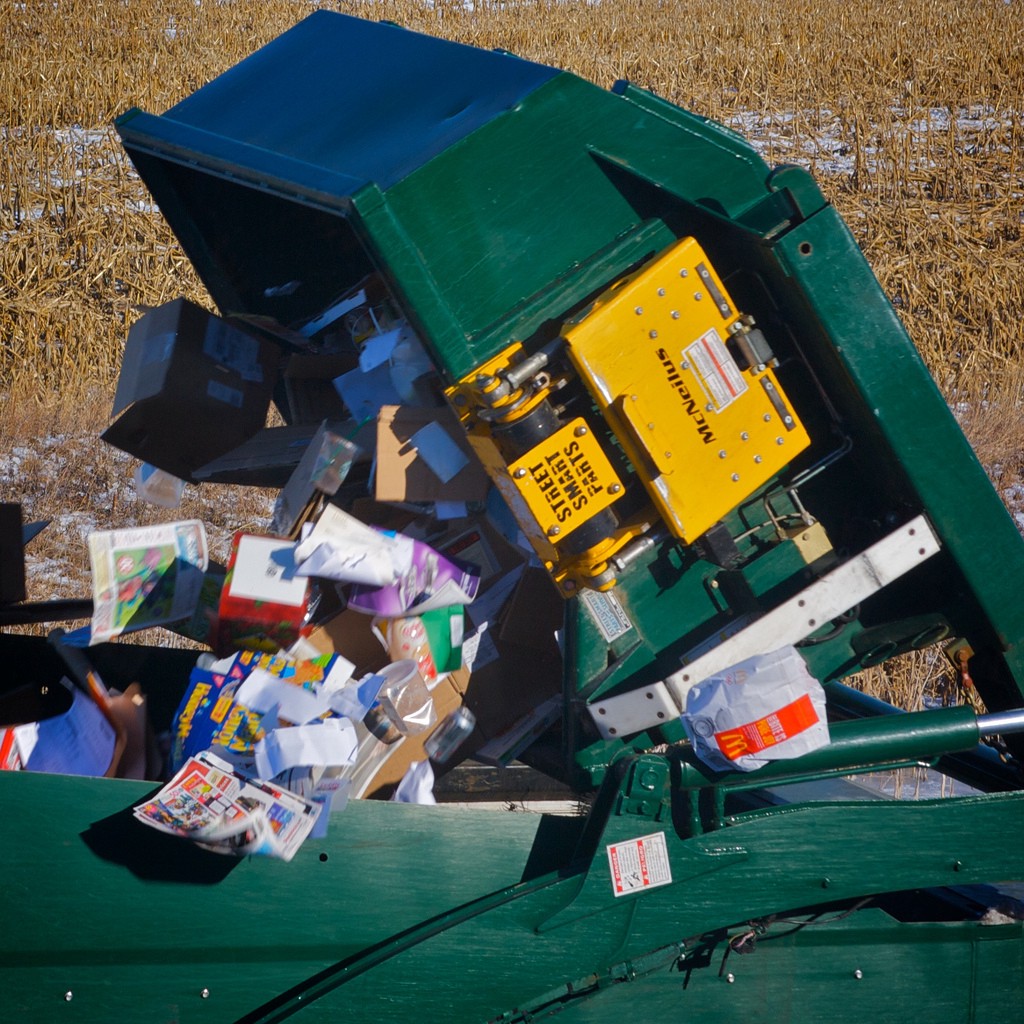Hope and Garbage
by Jonathan Shainin

There are these two young fish swimming along, and they happen to meet an older fish swimming the other way, who nods at them and says, “Morning, boys, how’s the garbage?” And the two young fish swim on for a bit, and then eventually one of them looks over at the other and goes, “What the hell is garbage?”
“Now and then,” Lionel Trilling wrote in 1970, opening a series of lectures later published as Sincerity and Authenticity, “it is possible to observe the moral life in process of revising itself.” Trilling’s subject was the emergence of of “sincerity” as a virtue, beginning in the sixteenth century, and its displacement at the center of our moral imagination, over the course of several hundred years, by the ideal of “authenticity.” Thirty-five years later, that narrative still seems to hold true. But the premise with which Trilling begins — that our collective moral sense evolves at a pace so glacial that its revisions are only visible “now and then” — appears utterly antiquated. The story he tells is essentially about the forming, dissolving, and reforming of consensuses about the value we assign to certain modes of conduct and ways of being, a process that used to unfold over decades, if not centuries; now it splinters and recombines and shatters again a million times a week.
The experience of watching people interact on the internet last year was often depressing beyond measure: occasionally because the events being narrated were awful; more often because the responses to the events were awful; more often still because the responses to the responses were awful; and most of all because if you take a step back from the whole thing, you see yourself sitting alone in front of a computer, willingly submitting day after day to the logic of a machine apparently designed to make you angry and sad and alienated.
The closest thing we had to a consensus about last year is that it was a year of garbage; many bad things happened, as in all years, and the word “garbage” was increasingly deployed to describe both the bad things and the often worse ways they were talked about. (To call it a “Year of Outrage,” as Slate did, seems to admit that it was a year of garbage while haughtily dismissing the ways in which people expressed their displeasure.) Over at the Atlantic dot com, it was argued (in what we once called a “hot take” but no longer really bother to name as such) that the word “garbage” itself had become part of the problem, and therefore “must be abolished”:
Garbage plays with a performative pessimism, and its every re-use occasions a fresh round of competitive despair. It dumps minor irritations and systemic oppressions into one giant Tupperware of antipathy, where they clump together in the warmed-over microwave light of online odium.
The argument here is no worse than any other piece making a futile plea for people to stop using words or phrases that have become tedious to a writer who wishes to express his weariness with, and superiority over, those continuing to say them. But its observation about the real meaning of “garbage” seems accurate: “we need a word to say: I’m seeing this too, and it sucks.”
To call something “garbage” is to make a normative claim for the indisputability of its badness; to say that the thing it names is so awful — and so indifferent to its own awfulness — that no reasonable person could disagree. It is, in fact, a hopeful claim, one that asserts the possibility of consensus at a moment when, for reasons technological and otherwise, any kind of consensus — without which there can be no shared meaning — looks to be impossible.
Any day now, we will be so acclimated to what we once called garbage that we can no longer name it. Our feeble attempts to summon some collective indignation at the indignities of the future will become more and more frustrating, and we will slowly abandon our delusion that the virtual spaces where we once gathered, in more innocent days, to perform our anger and disappointment in the hope that others might affirm them, will make us anything but miserable.
Photo by Ross Belmont
Never Better, a collection of essays from writers we love, is The Awl’s goodbye to 2014.
